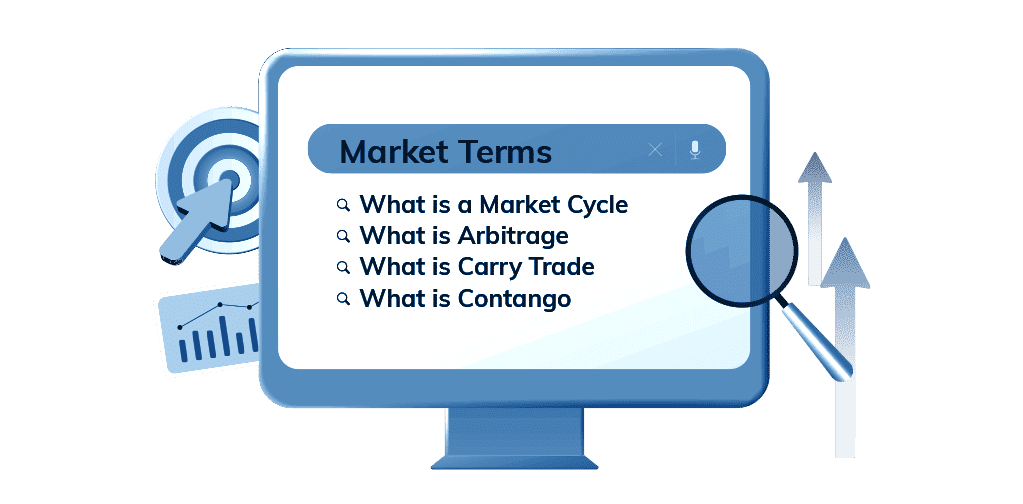Essential Business Terms Every Professional Should Know
Business terminology forms the backbone of professional communication across industries. Understanding key concepts like "return on investment (ROI)," "cash flow," "market share," and "competitive advantage" enables professionals to participate meaningfully in strategic discussions and make data-driven decisions.
Modern business environments require familiarity with terms spanning finance, marketing, operations, and technology. Concepts such as "customer acquisition cost," "lifetime value," "scalability," and "digital transformation" have become integral to business strategy. Professionals who master this vocabulary position themselves for leadership roles and cross-functional collaboration.
The evolution of business terminology reflects changing market dynamics and emerging trends. Terms like "sustainability metrics," "ESG criteria," "agile methodology," and "data analytics" represent the modern business landscape's focus on responsible growth, efficient processes, and informed decision-making.




